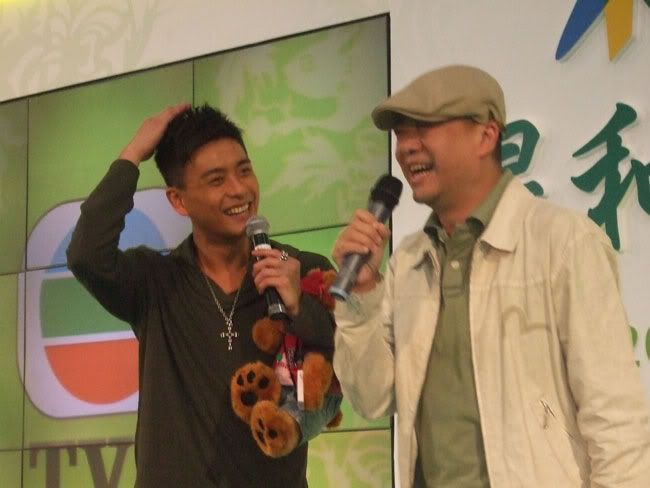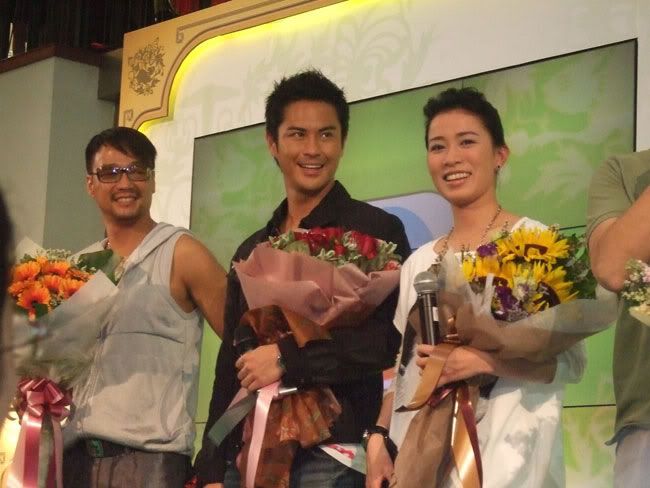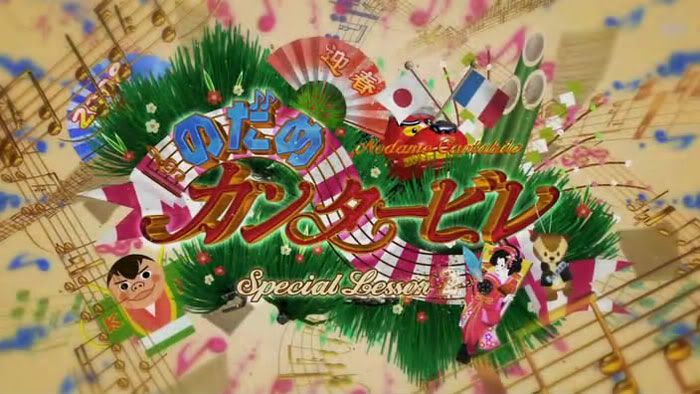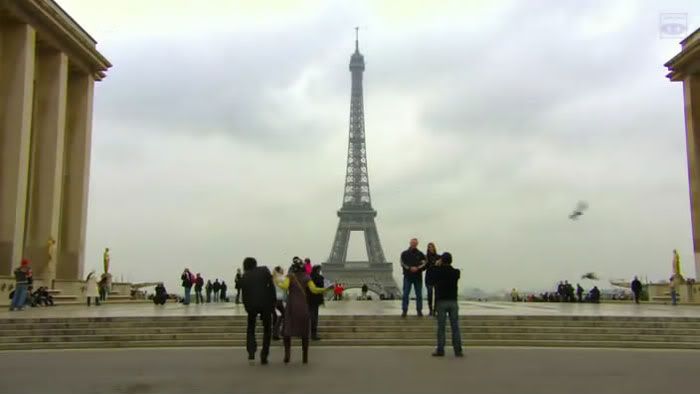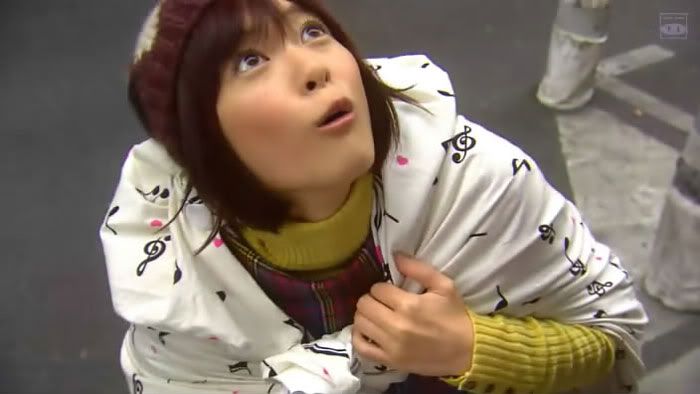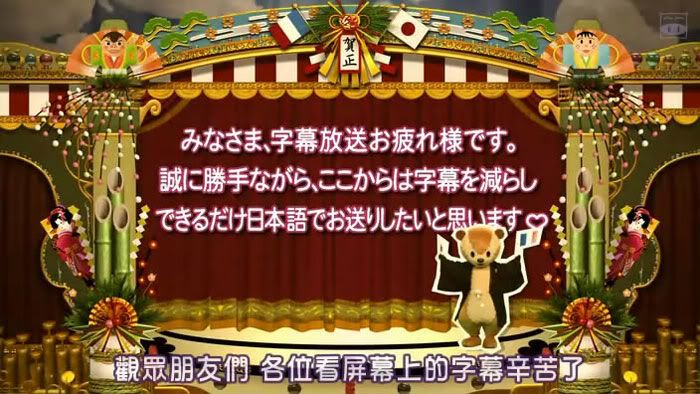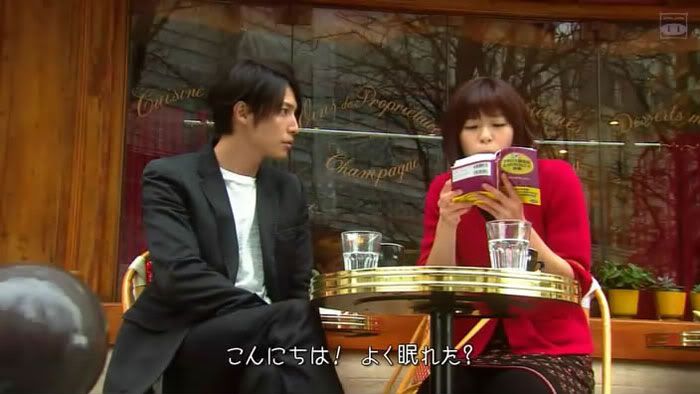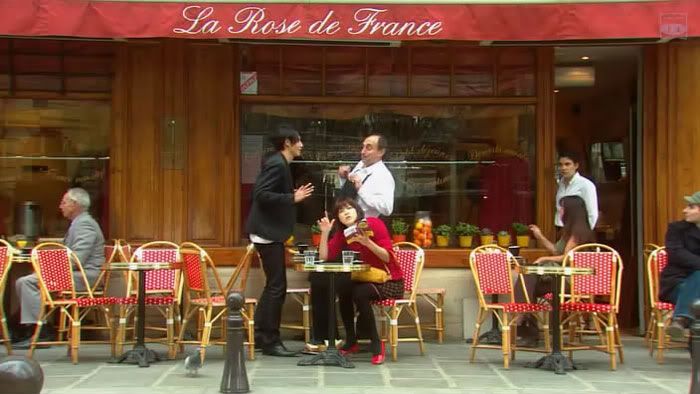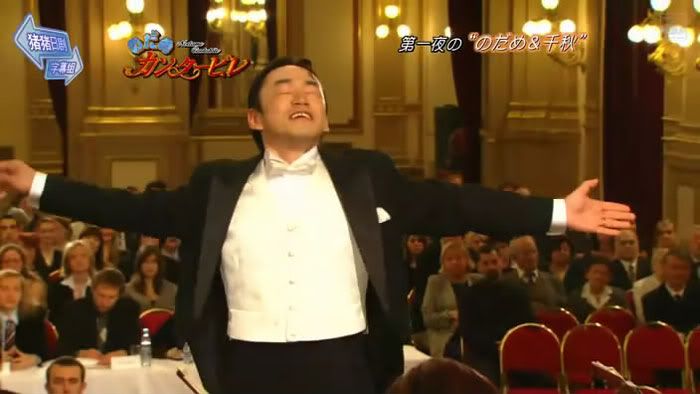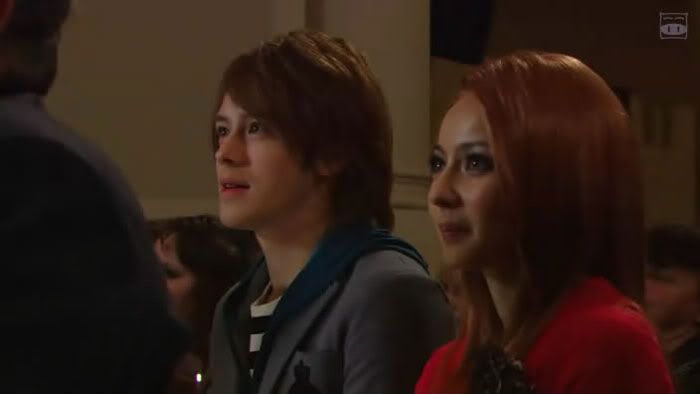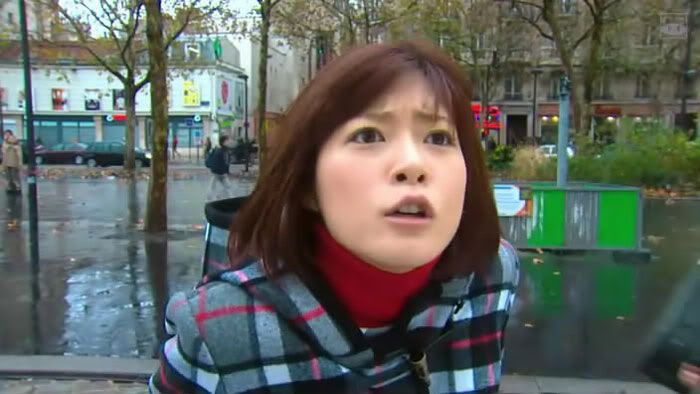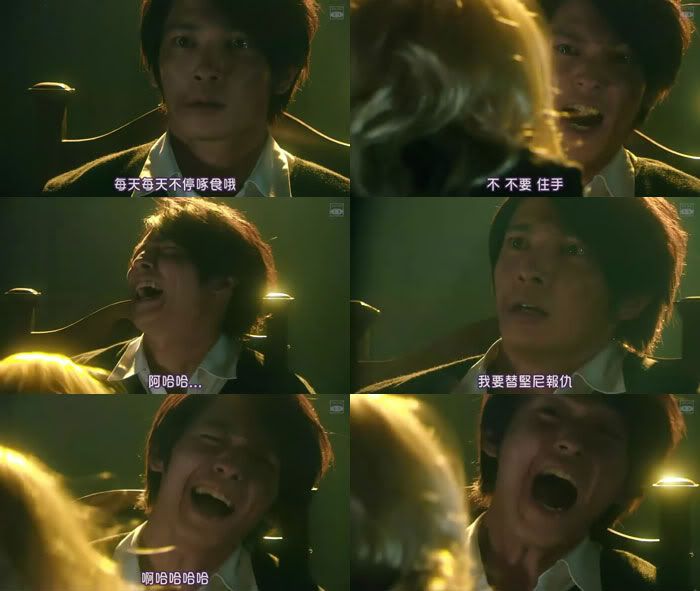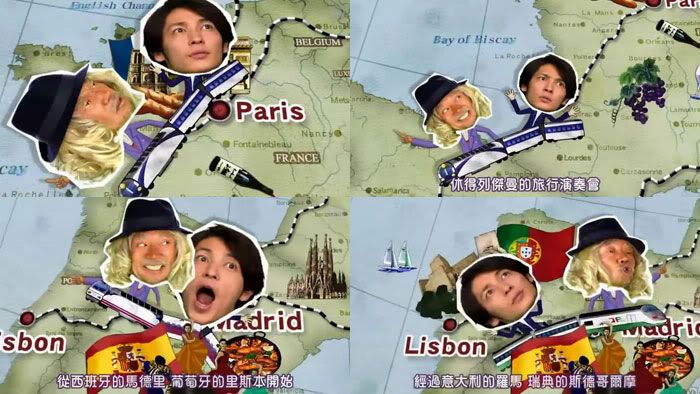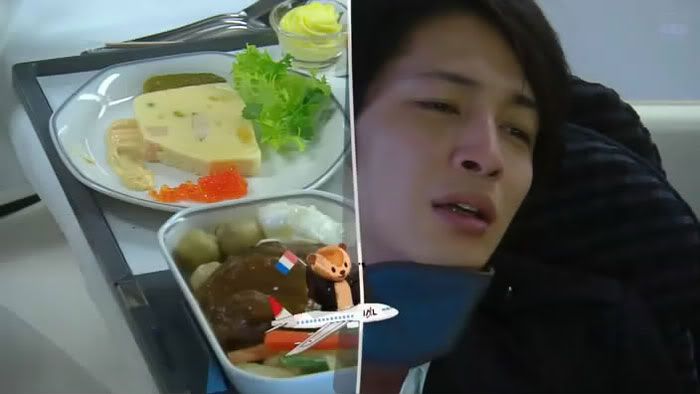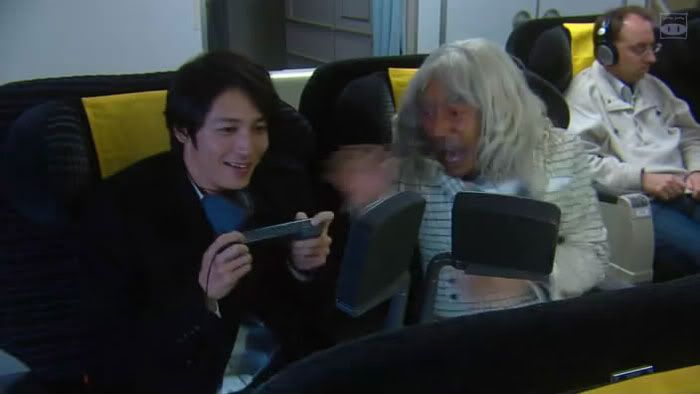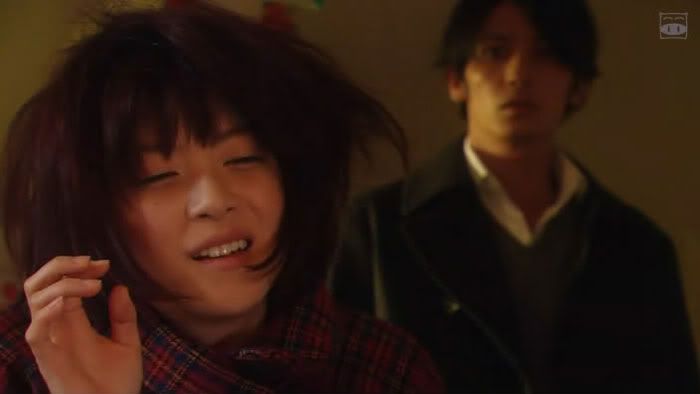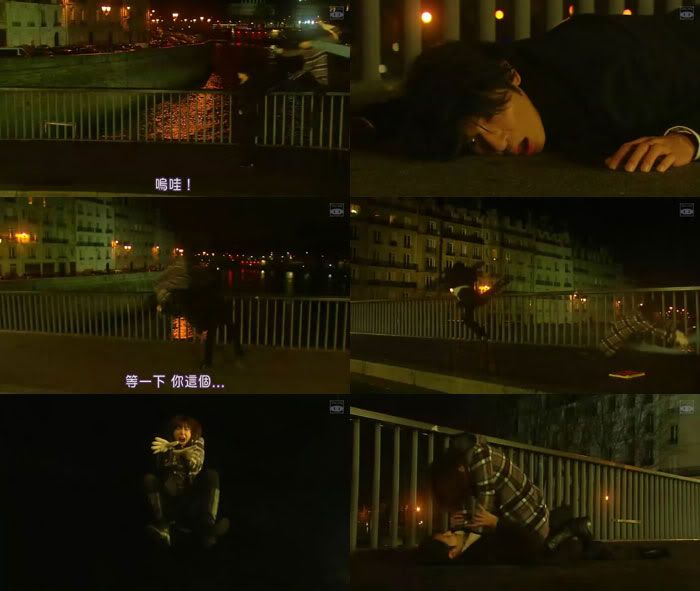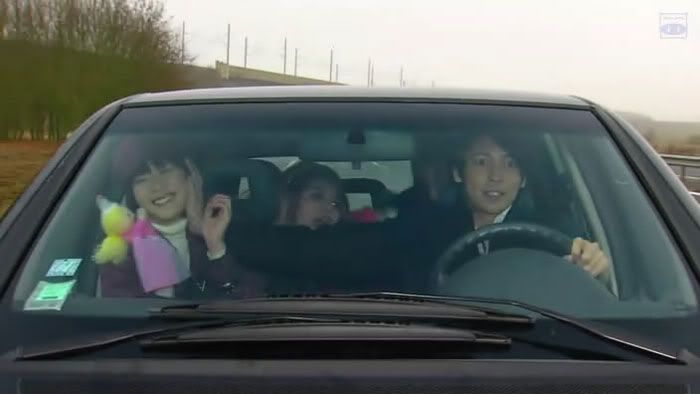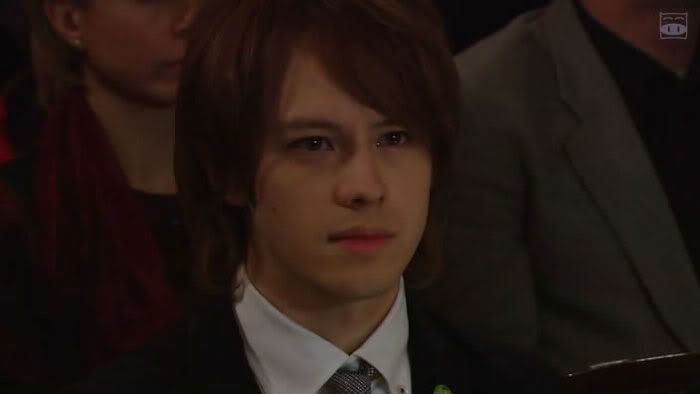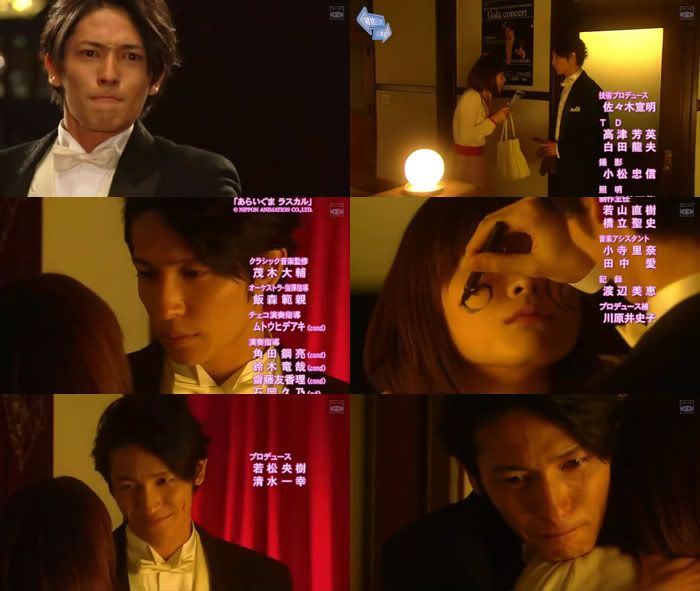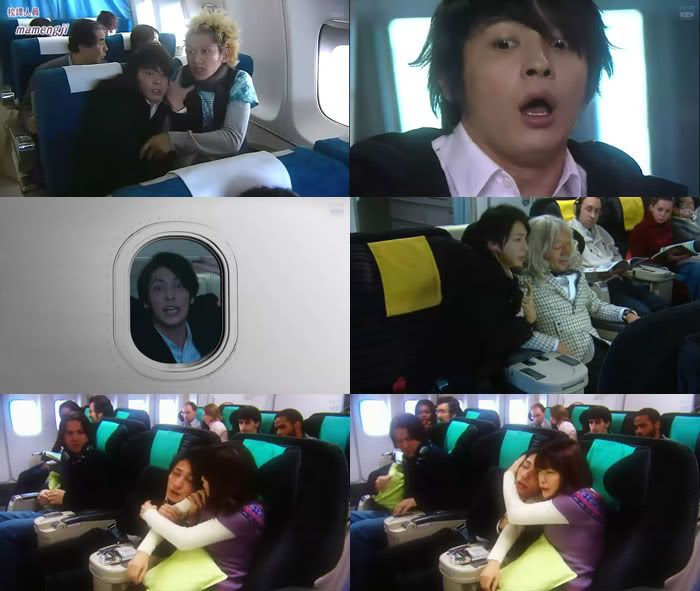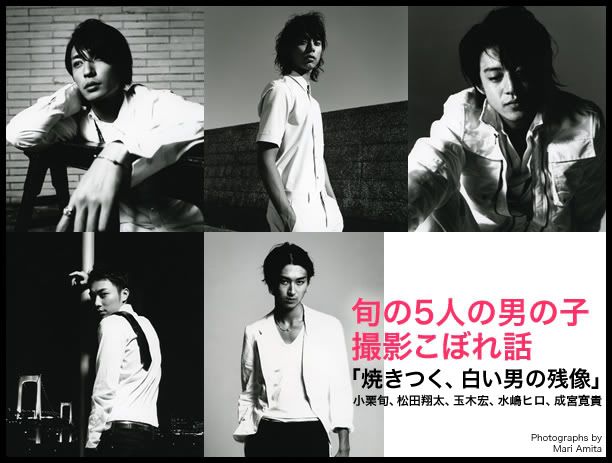
from bazaar feb issue.
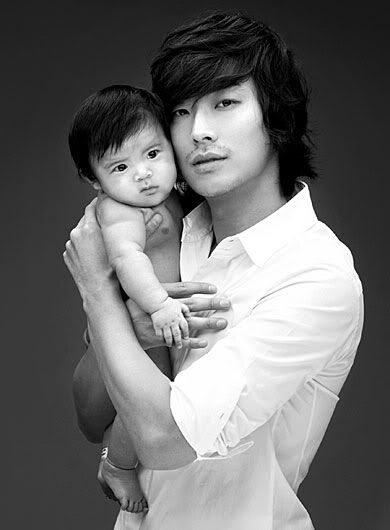
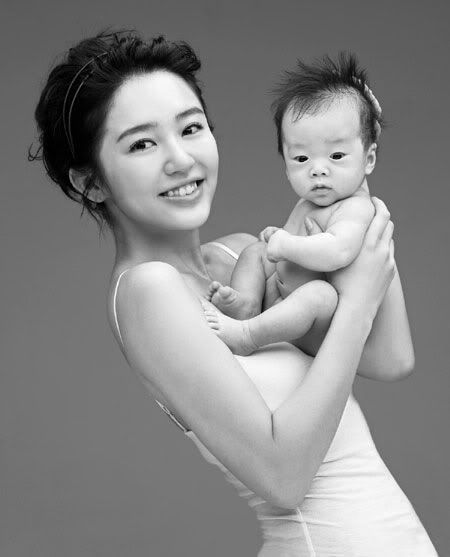
from imdb
andrew lauAndrew Lau Wai-Keung was born in Hong Kong in 1960, and has been fond of photography as a child. He joined Shaw Brothers (HK) Ltd. after secondary school graduation. The first film he participated in as a semi-skilled worker in cinematography was Legendary Weapons of China directed by Chia-Liang Liu.
His position rose throughout the years with film such as City on Fire, Where's Officer Tuba?, As Tears Go By, Curry and Pepper, Lee Rock and Lee Rock II. His work as a cinematographer has also garnered him several nominations at the Hong Kong Film Awards. Lau had later gotten recognition for his loose style in capturing natural light and dynamic camera movements.
His directorial debut arrived in 1990 with Against All, but he didn't give up his career as a cinematographer. He also co-directed the films To Live and Die in Tsimshatsui and Modern Romance, alongside director Jing Wong. In 1995, he took up the position of director and cinematographer once again for the films Love of the Last Emperor and The Mean Street Story.
Lau founded B.O.B. & Partners Co. Ltd. jointly with Manfred Wong and Jing Wong. The first film of this company was Young and Dangerous which was released in 1996 and became a box office hit. In the same year, the 'B.O.B. trio' produced the film's first two sequels.
From 1996 to 1998, he continued to direct films including the Young and Dangerous Saga--and "The Storm Riders." Having been involved in the Young and Dangerous films including its four sequels, Lau finished his involvement with the franchise with "Young and Dangerous: The Prequel" in 1998, and "Born to Be King" in 2000.
Lau has also made a name for himself for combining martial arts with computer-animated special effects on the movie screen in such acclaimed films as The Storm Riders and A Man Called Hero. Other films such as Sausalito and Dance of a Dream have lightened Andrew's film career.
In 2002, Lau established Basic Pictures, a company that started out with the blockbuster movie Infernal Affairs, in which he co-directed alongside co-writer Siu Fai Mak (Alan Mak). It would be the first of many collaborations involving the directing duo.
The film starred the four top actors of its year--Andy Lau, Tony Leung Chiu Wai, Eric Tsang and Anthony Wong Chau-Sang-- along with the year's two top actresses--Kelly Chen and Sammi Cheng.
Infernal Affairs was the number one box-office hit in Hong Kong that year, breaking several box office records alone. Furthermore, the film won many Hong Kong Film Awards, including Best Picture, Best Directors (Lau and Mak), Best Screenplay (Mak and co-writer Chong), and Best Supporting Actor (Wong). Infernal Affairs also went on win awards at the 40th Golden Horse Awards and the Golden Bauhinia Awards.
Not only was the film successful worldwide, but it later became the inspiration for Martin Scorsese's 2006 film, The Departed (2006).
In 2003, Lau and Mak had completed the trilogy with the prequel Infernal Affairs II, and the sequel/prequel Infernal Affairs III. Later that year, the directing duo won the "Leaders of the Year 2003" Award in the Sports/Culture/Entertainment Category.
In 2004, Lau and Mak worked on another blockbuster, Initial D, which was shot in Japan and released in Hong Kong during the summer. Once again, it was also another successful film for Lau and Mak, winning multiple awards at the Hong Kong Film Awards, winning for Best New Performer (Jay Chou), Best Supporting Actor (Anthony Wong Chau-Sang), and Best Visual Effects.
In 2006, Lau, Mak and scriptwriter Felix Chong re-teamed to make the 2005 film, Moonlight in Tokyo. They re-teamed again for the 2006 film Confessions of Pain, once again re-teaming with Infernal Affairs star Tony Leung Chiu Wai.
With his difference in style and aspiration, Andrew Lau, as a prolific director/cinematographer continues to make good quality films that will appeal to a mass audience.
"A lot of people were talking about the Hong Kong film industry as a sunset industry. People thought I had a lot of guts to set up a new company, and asked why. Why not? I only know movies, so what else can I do? We have to keep on going and make movies."
"I'm the "Big Brother" (Da Ge/Dai Go). Andy [Lau], Tony [Leung Chiu Wai], Anthony [Wong], Eric [Tsang], we all worked together when I was young. So, I've known a lot of these famous actors for many years. Andy and Tony looked at the script, and I asked which character each wanted to do. At that moment, they knew which character they wanted. Their choices ended up being suitable. I wasn't sure about the chemistry, and I wanted to change, but it really turned out right."
"...I like directing, so I can be in control of the cinematography, the acting, etc. In Hong Kong , normally the actors have a lot of control, but I need to fully control everything. When I was a cameraman, I was very upset sometimes because I could not control everything. Even when you shoot a shot you don't like, the director can say it's okay, and it will end up in the film. So that's why I want to be the director."
"...It had a lot of violence. After one or two weeks work, I began to turn it into another kind of movie. That's why I like the title Young And Dangerous. This movie gave me the opportunity to work with a group of up and coming actors who weren't expensive-- and make a movie for young people."
"People always ask how you can find Tony Leung and Andy Lau to act in this movie [Infernal Affairs]. It's not common to see the two of them in the same film."
"When I direct a script, because of my background as a cinematographer, the look of the film becomes essential."
alan makAlan Mak Siu Fai was born in Hong Kong in 1965. In 1986, he studied in the School of Drama at the Hong Kong Academy for Performance Arts. Upon graduation in 1990, he started his movie career.
Mak made his directorial debut in 1997, with his first film being Nude Fear, which was written and produced by Joe Ma. After that, Mak had directed more films such as Rave Fever (1999), A War Named Desire (2000), Final Romance (2001), and Stolen Love (2001), which would be his first collaboration with writer Felix Chong.
In 2002, Mak and Chong wrote their first script together. The movie was Infernal Affairs, which was produced by Mak's directing partner, Wai-keung Lau (Andrew Lau), who also served as cinematographer. Lau and Mak also served as directors for the film, and it would be the first of many collaborations involving the directing duo.
The film starred the four top actors of its year--Andy Lau, Tony Leung Chiu Wai, Eric Tsang and Anthony Wong Chau-Sang--along with the year's two top actresses--Kelly Chen and Sammi Cheng.
Infernal Affairs was the number one box-office hit in Hong Kong that year, breaking several box office records alone. Furthermore, the film won many Hong Kong Film Awards, including Best Picture, Best Directors (Lau and Mak), Best Screenplay (Mak and co-writer Chong), and Best Supporting Actor (Wong). Infernal Affairs also went on win awards at the 40th Golden Horse Awards and the Golden Bauhinia Awards.
Not only was the film successful worldwide, but it later became the inspiration for Martin Scorsese's 2006 film, The Departed (2006).
In 2003, Lau and Mak had completed the trilogy with the prequel Infernal Affairs II and the sequel/prequel and Infernal Affairs III. That same year, Mak received the '2003 Leader of the Year' award in the Sports/Culture/Entertainment category. This honor has made Mak's accomplishment scale new heights.
In 2004, Lau and Mak worked on another blockbuster, Initial D, which was shot in Japan and released in Hong Kong during the summer. Once again, it was also another successful film for Lau and Mak, winning multiple awards at the Hong Kong Film Awards, winning for Best New Performer (Jay Chou), Best Supporting Actor (Anthony Wong Chau-Sang), and Best Visual Effects.
In 2006, Lau, Mak and scriptwriter Felix Chong re-teamed to make the 2005 film, Moonlight in Tokyo. They re-teamed again for the 2006 film Confessions of Pain, once again re-teaming with Infernal Affairs star Tony Leung Chiu Wai.
To this day, along with his partners, Wai-keung Lau, and Felix Chong, Alan Mak, as a prolific director, continues to make films, that will continue to challenge and appeal a mass audience.
"I like shooting movies in Thailand very much because the government is so cooperative there. The police help you to close the roads for shooting. The industry people are well trained, too, since they have supported a lot of Hollywood films, particularly war movies."
"Around 1998, I saw Face/Off, and I really liked that movie. For John Woo, it is quite difficult to make a movie in Hollywood in his own style. Because Hollywood is based on a producer system, it is difficult for a director to express himself using his own style of filmmaking. In this case, John Woo had the right to the final cut, and it turned out very well. The surgery about changing the face and body, however, was really not believable. So, with that movie as inspiration, I began to start to think about a story in which two people swap identities. Infernal Affairs really started from there. In Hong Kong, there are so many movies about undercover cops, but we didn't have any about a triad member infiltrating the police. Actually, I think it must happen, so Infernal Affairs came out of that idea. Actually, I think all the filmmakers in Hong Kong are influenced by John Woo."
"People always ask how you can find Tony Leung and Andy Lau to act in this movie [Infernal Affairs]. It's not common to see the two of them in the same film."
"I really have to say "thank you" to our fans, because I think it's difficult for European viewers to find and watch Asian movies, and I hope you enjoy our films."
